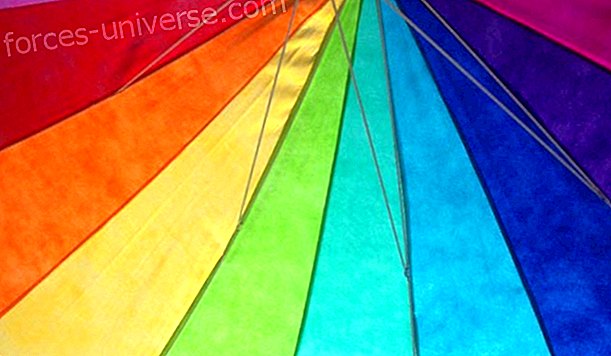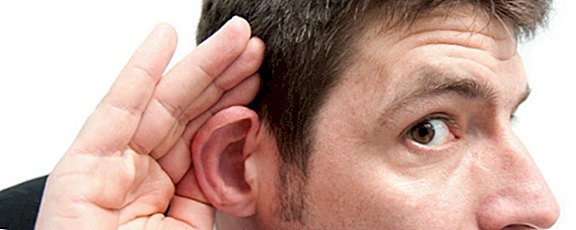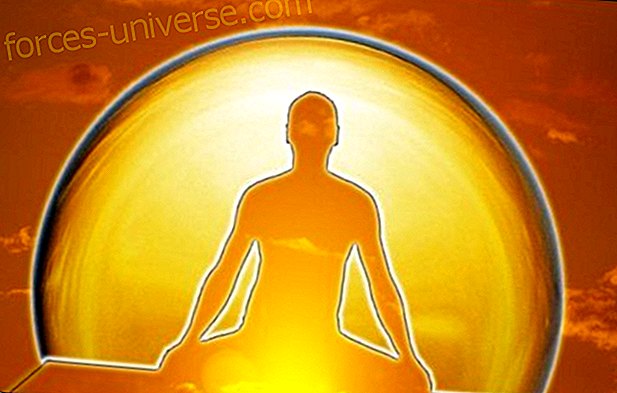Subjectivity: The problem of the subjective of knowledge, and how to redirect it towards personal growth
- 2018

"The wisest among you is the one who recognizes that his wisdom is nothing."
Socrates.
Our knowledge is a victim of subjectivity.
Many times we have heard that reality is denied to our eyes, that we cannot reach the truth through our senses, that all knowledge in this world is contaminated by our physical, physiological and worldly limits.
Great thinkers and philosophers of history directed their thinking to the search for the truth that lies beyond us. And many phrases of them give an account of their humble posture towards the knowledge to which they were exposed during that process.
The culprit that the truth is forbidden in our eyes is the subjectivity inherent in our consciousness.
However, this did not prevent these wise men from dedicating their entire lives in search of virtue, beauty, truth and knowledge. And many came to the same terms.
But what does this mean, and how do we move towards the truth that we cannot perceive?
Subjectivity Definition
The Royal Spanish Academy defines the subjective as "belonging or relative to the subject, and not to the object itself." This means that all subjective knowledge is relative, and that it belongs to the person who performs the action of knowing. That is, it is not universal but particular.
Now, each specific event has infinite ways of being assimilated in itself. The learning that this person leaves to each person varies according to physiological, cultural and / or psychological issues.
For example, most civilized countries recognize eleven colors in the basic palette. The Himba tribe of northern Namibia, on the other hand, has four words to refer to the entire color scale. This means that where you see green and blue, they see only one color.
His reality experience is completely structured in four colors.
While living in the countryside can be a torture experience for an arachnophobe, for a blind person it means less exposure to noise pollution.
While the examples are simple, they allow us to appreciate how a specific event translates into different experiences in different people.
Therefore, any knowledge that a person arrives is generated in it and belonging to it. Contaminated with personal nuances acquired through different learnings throughout his intimate experience with reality.
However, none of these experiences is more real than another. In fact, none is real, but they are creations of the person that partially or totally distort reality.
The object is loaded with values, ideas, feelings or ends that are not in him, but in the subject, and he projects them.

Subjectivity and Objectivity
So, we are not capable of objectivity. Our knowledge is not about the object itself, but about our perception of it.
What sense does the search for knowledge then have?
Well, if by observing knowledge we receive information about us, it helps us to find the truth about us.
In this way, Socrates urged people to know themselves. According to him, truth, virtue and beauty are reached through recognition. This is so since man has already lived with them in a previous existence.
Saint Augustine also knew. His Interior design ruled that only the soul can reach an eternal truth through internal reflection.
Even so, we live under a self-referential paradigm. This leads us to affirm that our knowledge is as we perceive it. We project in our reality the values that we have built throughout our lives. And many times we seek approval by preaching that reality as true.
We set up our experience of the real in an empty theater. We lose sight of the fact that through this mechanism we take refuge from true knowledge: oneself.
Within one the true battles are fought, and the true results are given. You get to know the real.
Otherwise we are building an experience of reality that is no more than partial, and we also limit our options as well.
Subjective Person
Again, the subjective person can be saved from this through humility. This teaches us that all our knowledge is potentially a mistake. That said, the question should be: How much do you really know about life? How much do you know about the universe? How much do you know about yourself? Every thing we think we know should be called into question, and look for in them what refers to the person we are.
We must meet.
The one who takes the time to meet himself is the one who loves himself. Well, what you really have control over is yourself. Also, if the information of the universe will come to you through what you perceive, you must be ready to get to decode the message.
Subjectivity is no stranger to us. It is the filter through which we get the sensations of the world. But we can seek true self-knowledge based on it.
We need the perspective of making our limitations a tool that drives us in a new search.
The search that Socrates challenges us.
Know yourself. Take the time to know what your subjectivity is composed of. That way you will know what your filter does not let pass. Search in yourself for the truth that you so crave. And let her manifest in your soul. Accept limited, imperfect.
And accept that your wisdom is nothing.
AUTHOR: Lucas, editor in the big family of hermandadblanca.org
SOURCES:
- http://filosofialibre.blogspot.com.ar/2008/01/anlisis-de-san-agustn.html
- https://en.wikipedia.org/wiki/Chariot_Allegory
- Apologies of Socrates, of Plato






